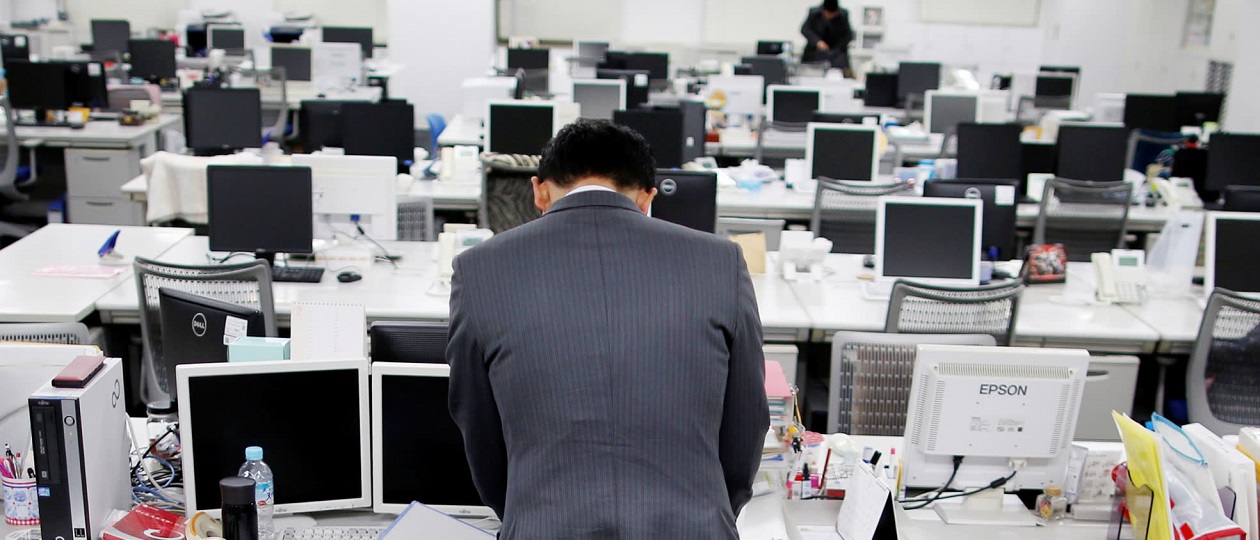
Japan’s Ministry of Health, Labour and Welfare says that since late January, more than 30,000 Japanese across the country have lost or will lose their jobs due to the coronavirus pandemic.
The ministry says that 31,710 people became unemployed through dismissal or contract non-renewal, or were expected to lose their jobs in either way, between late January and July 1.
In April, 2,654 people were dismissed, while 12,952 became jobless in May and 12,688 in June. Around 80 percent of the layoffs came in the last two months.
The ministry says job losses were notable in the hospitality industry and the restaurant sector, which have been hit hard by a decrease in tourists and outings. But it says a growing number of people in manufacturing are losing their jobs too.
The ministry reports that as of Wednesday, businesses filed about 330,000 applications for government subsidies to pay employees put on temporary leave due to the pandemic. Over 210,000 have been approved.
The labor ministry is urging employers to use the system, which has been improved so that businesses can receive more subsidies for keeping workers. But why are Japanese companies willing to takesubsidies for their employees?
By world standards, Japan today has a very low unemployment rate, and many countries would welcome an unemployment of “only” 4 percent, with the luxury of having more jobs than jobseekers.
The United States’ unemployment rate hit 13.3 percent in May, with more than 47 million people laid off since coronavirus lockdowns began.
So why has Japan’s rate stayed so low? One major explanation lies in the country’s dearth of workers owing to an aging population.
Japan has the world’s only “superaged” society in which more than 28 percent of people are 65 and older.
This means firms are reluctant to lay people off even during a recession, as they fear they will have few options to recruit when the crisis passes.
Japanese law also makes it difficult for companies to hire and fire flexibly during a downturn, notes Munehisa Tamura from the Daiwa Institute of Research.
“Therefore, even if an economic shock happens, generally speaking, it does not directly lead to an immediate and sharp spike in unemployment,” he said.
Even then, analysts point out the low rate does not account for millions — especially women — who gave up their job during the pandemic to care for family and are not counted as job-seekers.
And some critics say the apparently healthy unemployment data belies the daily reality for millions — especially the 40 percent of the workforce on temporary or part-time contracts.





